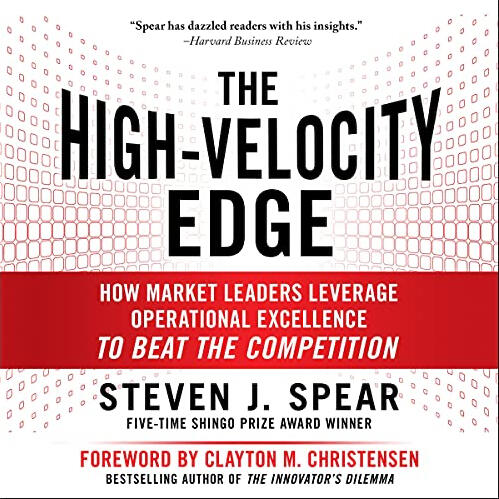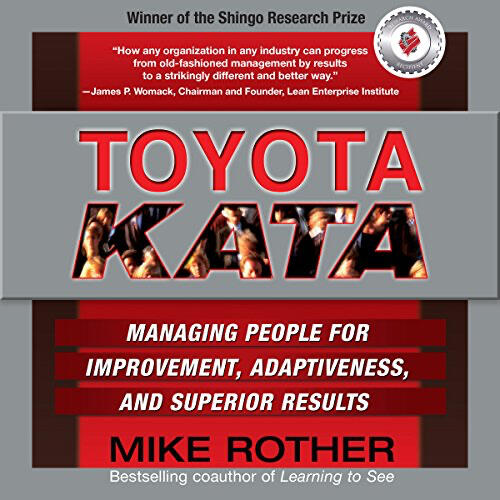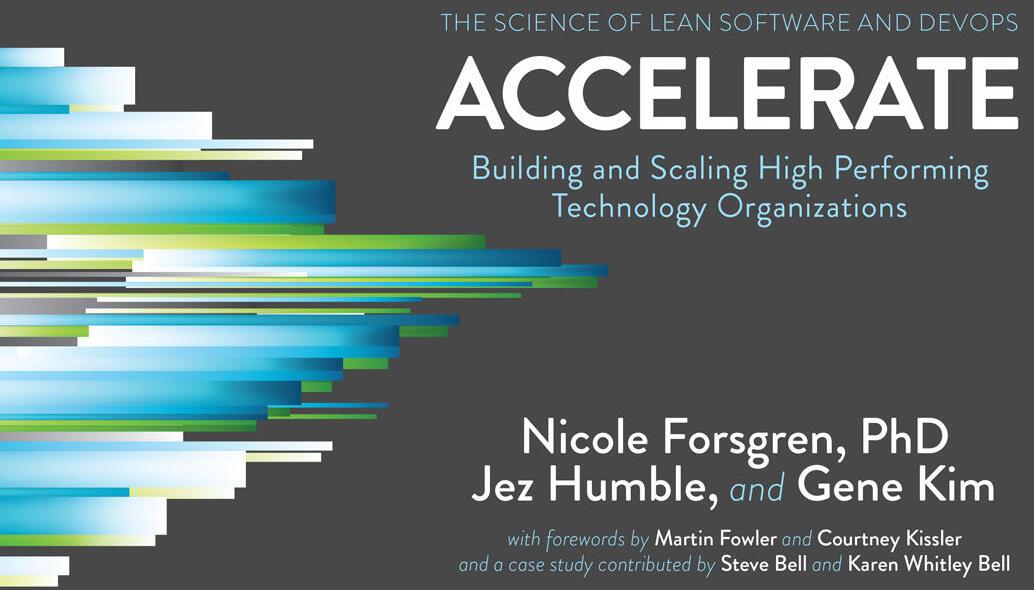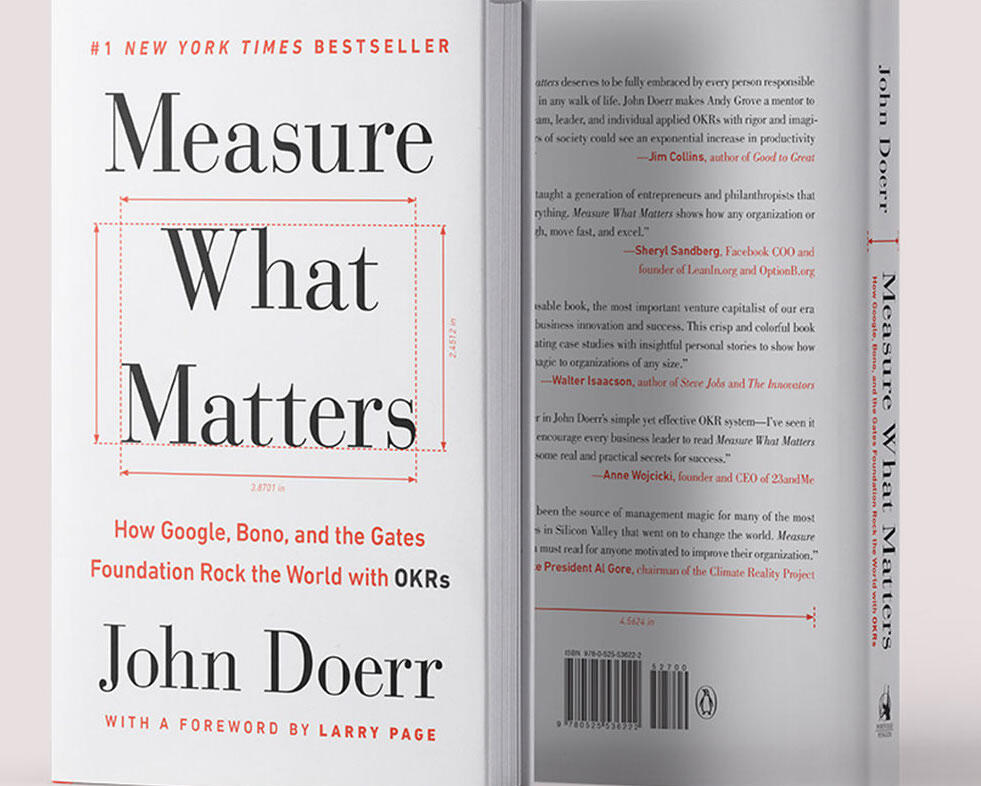Learn DevOps in 9 Days
Think DevOps is just continuous delivery? Wrong. That's only a quarter of the story. This free course puts the language and technology bits aside to focus on what really matters: shipping better software faster. First, the philosophy.
Find the course outline and other free materials below.
About This Course
This course teaches DevOps ideas. The ideas are transformative. They changed my career and they can change yours too. Many people get lost in the sea of automation and picking this cloud over that cloud or this container over that container. That misses the point. The DevOps philosophy is rooted in a long history of industrial learning, technological adoption and experimentation. The technical ways of working (such as continuous integration and continuous delivery) are natural outcome given the right perspective—in fact it could be no other way.This course is broken into two parts. Part one covers the three DevOps principles. Part two presents a path to measurable success and technical implementation playbooks.
Day 1: Philosophy & History
We start with the big ideas: the three principles and four metrics for measuring IT performance. Plus historical background and DevOps' primary goal.
Day 2: The Principle of Flow
Introduce the DevOps value stream. Explain why teams must focus on improving flow from development to production. Many people assume DevOps starts and stops here. In fact it's just the beginning.
Day 3: The Principle of Feedback
Getting software into production is half the battle. Software only matters once it's running in production. This lesson covers what's required to really satisfy the definition-of-done.
Day 4: The Principle of Continuous Learning
DevOps does not have and end state. This lesson dives into building a culture of experimentation and learning into the culture. In other words, how to value the improvement in the daily work over the daily work itself.
Day 5: Measuring Performance
The ideas from the previous lessons are only valuable when applied. This lesson introduces 4 metrics performance for any IT team. You'll learn how each of the three principles relates to the metrics. This lesson sets the stage for practical technical implementations.
Day 6: Continuous Delivery
This is the longest lesson in the course. This less covers trunk-based development, continuous delivery, and everything you need to build an automated deployment pipeline.
Day 7: Telemetry
Telemetry is key to production operations and business success. This lesson provides a telemetry checklist to keep the business and ops happy. Hint: this is more than just servers!
Day 8: Experimentation & Learning
Now we're reaching the end. This lesson identifies organizational rituals and practices to keep people experimentation. You'll learn why it's important to build buoys and not boundaries.
Day 9: Conclusion
The last lesson recaps the key take-aways from the course along with advice to moving your team to DevOps.
Hey, I'm Adam
I help teams build and deploy software that delights users and grows businesses. More on my podcast.
I Help Teams Ship Better Software
My passion is building and shipping software. I think DevOps is the best way to do that. This course is written from my experience shipping software and teaching DevOps. I hope the course addresses the misconception that DevOps is just about tech and provides a playbook for anyone to ship better software.
Keep Learning
Here's a list of my favorite books. Each book is relevant to building and shipping better software. You'll be happy you read any of these. I consider each a must read. Find more free resources on my website and on my podcast.
The High-Velocity Edge
The four principles that connect lean theory and practices to operational excellence. 10/10. Recommended reading to anyone.
Accelerate
Their evidence refutes the bimodal IT notion that you have to choose between speed and stability — instead speed depends on stability, so good IT practices give you both. Send this book up the management chain in your company.
Release It!
Release It! (Second Edition) ports the lessons and perspectives from the 1st edition to the modern landscape of cloud computing, DevOps, continuous deployment, containers, microservices, and more.
Measure What Matters
OKR is short for objectives and key results. Objectives are high level goals. Key results are measurable way points to achieving objectives. John Doerr’s Measure What Matters makes the case that OKRs drive business success, align individuals and teams, and are a continuous improvement driver.
Ready to Start?
My course teaches you everything you need to know about DevOps. You won't find anything else this comprehensive. Plus it's free. Start the first lesson and you'll be your way to building and shipping better software.
Thank you!
Check your inbox for the first lesson. Add adam@hawkins.io to your address book to prevent your lessons from going to spam. See you tomorrow for day two!






